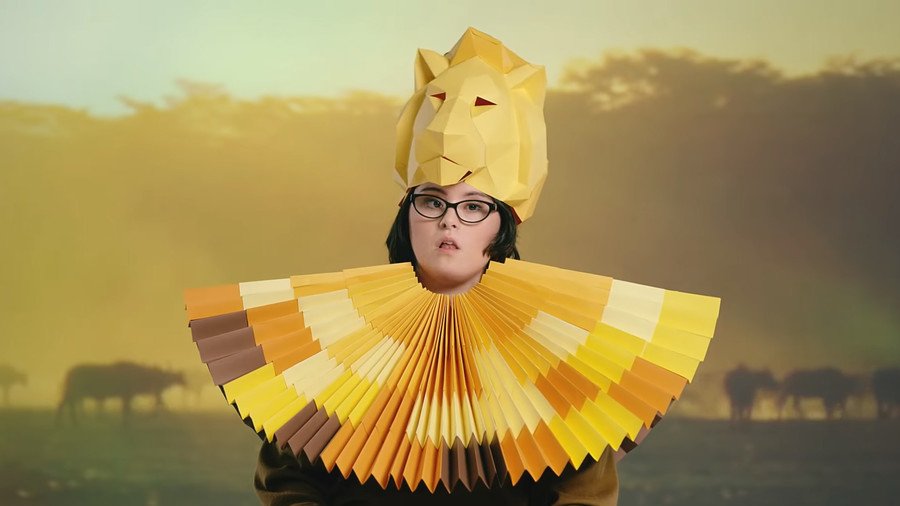With genetic screening lowering the prevalence of Down syndrome around the world, one Canadian advocacy group wants to add sufferers to the endangered species list - alongside the black rhino and the Asian elephant.
Humanity is on the verge of eradicating Down syndrome, should we decide to. Fewer people are born with the syndrome in the United States than researchers previously estimated, and prenatal screening coupled with easy access to abortion has led Iceland to all but eliminate the condition. In France, 77 percent of fetuses with Down syndrome are aborted, while in Denmark that figure is at 98 percent.
Iceland’s success has attracted controversy, as advocates compare the country’s near-blanket termination rate to genocide. Now, a group of Canadian activists want to place people with Down syndrome on the International Union for the Conservation of Nature (IUCN) threatened species list.
If successful, the addition would make these people the first humans added to the list. The Canadian Down Syndrome Society (CDSS) argues that as their numbers dwindle, people with Down Syndrome will be overlooked by policymakers.
"Whether it's underfunded support programs for education, higher rates of unemployment, extended waitlists for appropriate housing, or even just negative public perception and stigma, the challenges faced by people with Down syndrome aren't decreasing — they're increasing," CDSS chair Laura LaChance said in a statement.
The CDSS will legally apply to the IUCN to have sufferers added to the list, and will present the organization with a petition. While the CDSS advocates for “awareness and acceptance” of Down syndrome, its position on the eradication of the condition is trickier.
The organization has condemned Iceland’s near-100 percent termination rate, calling it a “concerning statistic,” but has not publicly advocated for the continued existence of the condition itself.
The organization does, however, encourage parents expecting a child with Down syndrome to reach out to their local support groups, and make a decision based on “fair and balanced information.” On its website, the CDSS touts success stories from happy parents and breezes over “misconceptions” about the difficulties of raising a child with Down syndrome.
In its ad campaign last year, the CDSS argued that “sorry” is never an appropriate word to use in hearing about a Down syndrome birth, and that the birth of a child with the condition should be celebrated like any other.
Like this story? Share it with a friend!



